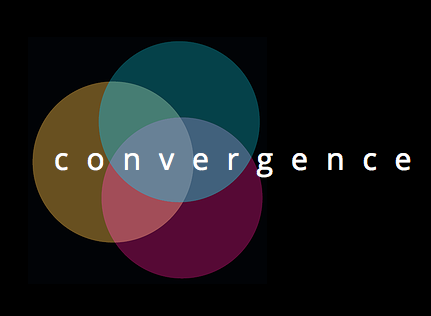Earlier this month, in Kendall Square, two entrepreneurs described new medical devices designed to provide low-cost “point-of-care” tests-far from laboratories or medical centers in the developing world.
Speaking at a meeting of Health Care and Life Science Special Interest Group of the MIT Enterprise Forum at the British Consulate former Mass Biotechnology Council President Una Ryan described the paper-based medical testing technology that her new nonprofit enterprise, Diagnostics for All (DFA), has licensed from the George Whitesides Laboratory at Harvard.
The technology allows bodily fluid to accumulate in patterns on postage-stamp sized pieces of paper–to be used for multiple tests simultaneously. DFA’s first project, funded in part by the Bill and Melinda Gates Foundation, is a liver function test to monitor the effects of drugs for HIV/AIDS and tuberculosis, and to help manage viral hepatitis. The test kits will first be sold in convenience stores in Africa at a cost of approximately ten cents each, Ryan said.
Bill Rodriguez, CEO of Daktari Diagnostics, showed a handheld, point of care, battery-operated diagnostics device the size of a small lunch box or portable radio that will first be used to test for AIDS in Africa–at a cost of $1.50 per test–starting next year. He pointed out that while drugs are available to treat the 33 million people worldwide who have HIV– “ten million of them don’t know it.”
Scientia Advisors Partner Arshad Ahmed, who served as moderator, (and is my client) pointed out in a recent blog that emerging markets may have the opportunity to adopt the latest point-of-care products, leapfrogging developed countries, in some instances–and that “emerging markets are where we will see the first application of low cost and inovative disruptive technologies at work.” Launching in the developing world allows companies to test out and market technologies before going through the rigorous approval process required in the developed world.
I was blown away by the prospects for devices like these. I asked when and how they will affect the costs and structure of, say, US healthcare–and whether those who make and market our costly technologies will try to keep these new testing devices from our marketplace. Ryan, whose nonprofit, DFA, will have a commercial wing, responded that she does not expect opposition from stakeholders in our current system. And a marketer for the device and pharma industries was adamant that developments like these will not impact her customers–for many years, at least. Given the vicissitudes of the US regulatory system and financeers needs for ROI, that may well be true.
But, clearly, technologies like these have tremendous potential to transform health care–and I’m excited at their prospects– for the long-neglected developing world.
—Anita M. Harris
Anita M. Harris is President of the Harris Communications Group, a marketing and public relations firm specializing in health, science and technology industries, worldwide.


